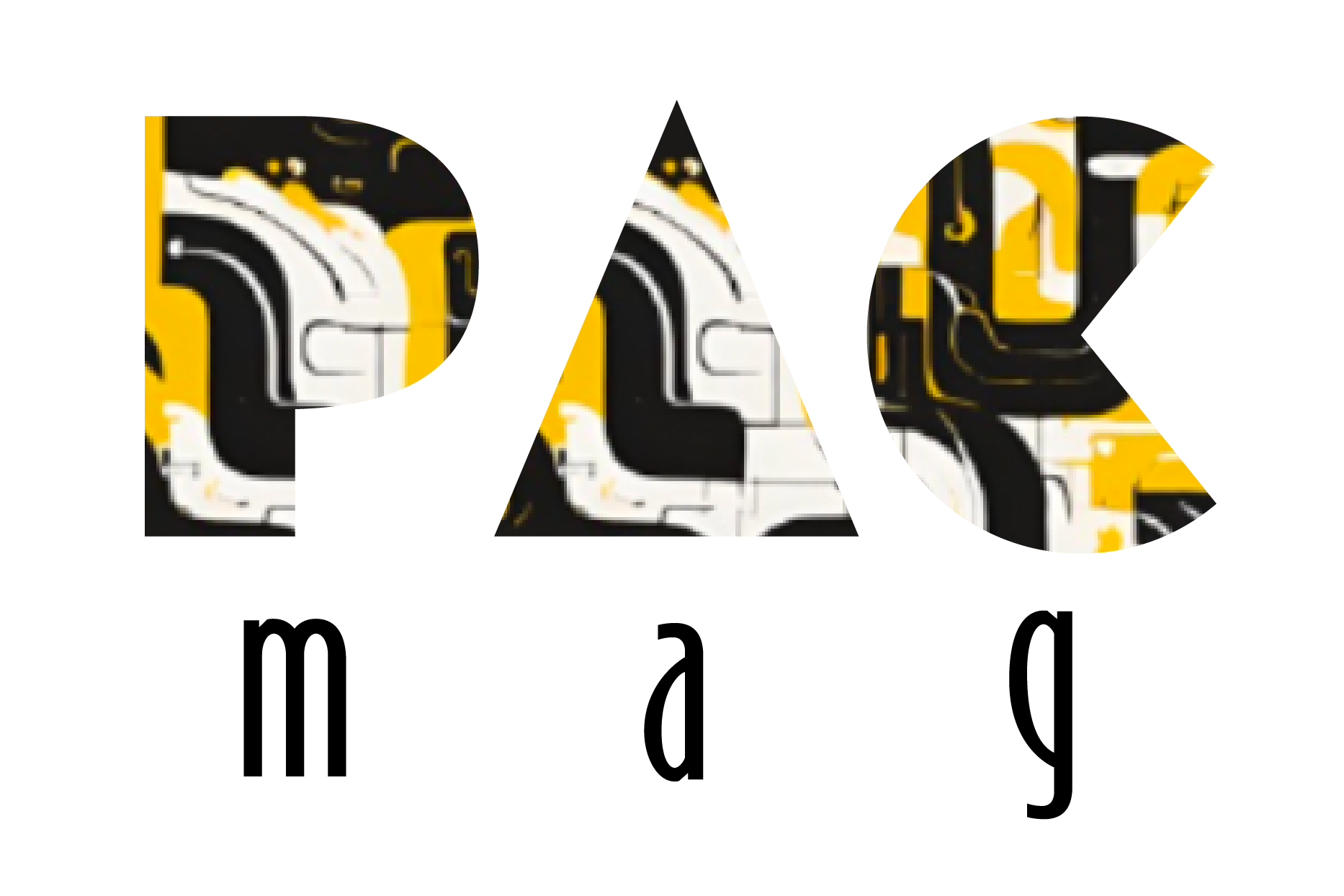In the past, hip-hop concerts consisted of artists performing on stage whilst holding mics and receiving a DJ-led musical backing. The growth of hip-hop shows from the 2010s produced all-encompassing sensory experiences, unifying musical elements with theatrical displays, and alembicated spaces. JPEGMAFIA, together with Playboi Carti, introduced an evolutionary stage whereby concert-goers become participants in the show.
Why is this shift happening now?
The most famous artists in hip-hop have worked persistently to extend their stage presence for years. Kanye West’s floating stage on the Saint Pablo Tour (2016) and Travis Scott’s rollercoaster setup on Astroworld (2018) set unprecedented standards for spectacle. The evolutionary stage developments of hip-hop extend beyond larger performance structures, as they represent fundamental changes to the culture of the genre.
Rock concerts have historically evolved around live musicianship and crowd participation. Raw energy would come from the instruments and the connection between both bands and fans. Hip-hop, by contrast, has embraced digital-age spectacle, drawing inspiration from gaming, online fan culture, and virtual worlds. While rock maintains a focus on the physicality of live music, hip-hop shows increasingly craft experiences that blend music with cinematic and interactive elements.
Through their performances, Playboi Carti and Yeat create a concert experience in which audiences transform into digital states, where fans interact with visuals inspired by the artists online following. Audiences engage with the music along with a surrounding environment that exists by grounding itself within the artist’s musical approach.
At his shows, JPEGMAFIA applies punk-inspired chaos to become an active performer, dismantling the traditional divide between performer and audience. When he performs his concerts, they resemble hardcore punk rock performances rather than standard hip-hop performances.
During his Narcissist tour, Playboi Carti produced dystopian stage environments through fog-drenched lighting and bizarre stage behaviors, in addition to surreal visual elements that merged fans with performers. Conversely, bass-driven music, a stream of lights, and unsettling futuristic stylings are features Yeat employs to create places where attendees feel caught in a trance.
The stage experience delivers much more than visual presentation because it engages viewer emotions. Contemporary music artists operate to create performance experiences that offer both high intensity, in addition to complete audience immersion.
What’s turning concerts into mind trips?
Modern stage design trends have transformed the way hip-hop performers deliver their music to audiences during live shows. Stage lighting, along with pyrotechnics, smoke effects, and unbelievable stage designs, build environments which match the musical emotions. Mosh pit culture experienced by punk and metal attendees now dominates high-energy rap performances, delivering an authentic, intense energy to live shows.
Live streaming platforms, together with social media, have altered what defines a performance as a show. Artists now create stage shows specifically for capturing digital content. It then goes on to exist beyond live show attendanees, due to additional fan-created content and the virtual excitement it harbours. Hip-hop artists currently develop performances that take fans on mental experiences instead of physical mosh pit participation, as they want to foster deeper connections during their shows.
What does this mean for the future of hip-hop concerts?
The conventional approach to performing rap music has declined. Modern artists recognise their fans need more than the concert songs, as they desire to be transported to another dimension during performances. The subsequent phase of hip-hop concerts demonstrates promise to evolve into a completely interactive theatrical experience, along with digital themes that exist in the real world.
The replacement of traditional mosh pit behavior with mind-trip concerts, has established the latter as the standard in current concert culture, as both rising ticket sales and rising fan engagement create demand for energetic productions that revolutionise music extravaganzas. Modern hip-hop concerts consist of much more than playing music to audiences – they’re about creating an entirely new world.
